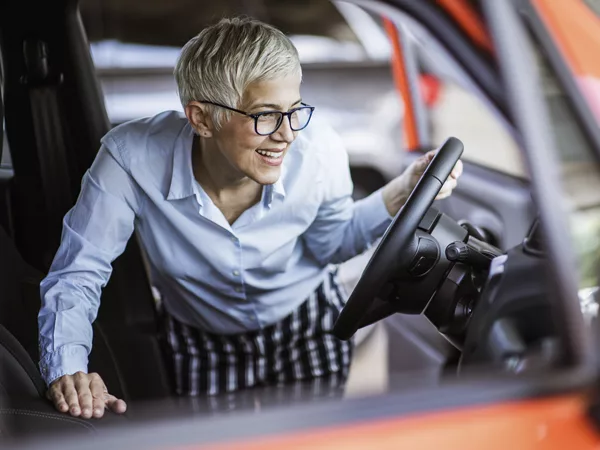The Buying Power of Women

How women shape economy and business.
Women account for or influence 70%-80% of all buying decisions. In 2017, Forbes estimated the value of the “female economy” at $18 trillion and growing. These statistics reveal the crucial role women play in keeping the economy afloat.
House and Home
Today, women account for more than half of the spending on household goods and personal items. They take more interest in shopping for these items, especially non-essentials. Women control most of the expenditure not only on décor, linens, and kitchen gadgets, but also furniture, cabinetry, carpeting, lighting, and more.
Women play a significant role in the purchase of real estate, the biggest investment most families make. According to the National Association of Realtors’ 2020 Profile of Home Buyers and Sellers, “19% of first-time homebuyers and 17% of repeat homebuyers were single women,” totaling 36% of homebuyers. Single men accounted for only 20% of homebuyers in 2020.
Probably one of the most under-recognized areas of women’s buying power, however, is in the tool and home improvement industry. With the surge in do-it-yourself remodeling, women have fast become one of the big spenders in tool departments and home improvement aisles for buzz saws, routers and power sanders.
Furthermore, a survey by the Home Improvement Research Institute found women have been outpacing men in their involvement in do-it-yourself projects since at least 2000.
Healthcare
Women’s voices are gaining prominence in the healthcare industry, as well. Women make at least two-thirds of the healthcare decisions in U.S. households, according to Amy Ertel Bellcourt, vice president of corporate communications for MVP Health Plan. So, healthcare systems are paying particular attention by improving maternity wards and focusing a portion of their marketing on services affecting women.
Travel
Women are equally important to the travel market: They now make 70% of all travel decisions.
But business travel has also seen marked growth by females. Women make up nearly half of all business travel, according to research by Judi Brownell, Ph. D., a professor in Cornell University’s Management & Organizational Behavior Program.
More than 75% of women traveling on business are college-educated and abler than men to articulate their needs. They participate in more leisure activities while traveling on business. They’re also much more likely to order room service while traveling alone.
Investment
While the percentage of women who own stocks still lags behind men, research has found women make better investors. In 2017, Fidelity Investments analyzed more than eight million clients and found when it comes to the return on investments, women outperform men.
Automotive
Women also play an increasingly crucial role in the automotive industry.
“Women,” according to a report by the National Institute of Automotive Service Excellence, “are not only becoming more influential in deciding what car to buy, they are also taking over the traditionally male-dominated responsibility of maintenance and repair.”
Women make up 65%-80% of auto repair and service shop customers. They are also responsible for almost half of new car sales and slightly more than half of the used-car sales, according to Art Spinella, of CNW Research. Women influence 80% of all transactions.
Not to mention: According to Ford Motor Marketing, 95% of women have the power to “veto” an automobile purchase.
Entertainment
Women are not only spending increasing amounts on clothing, but also on entertainment and electronics. Furthermore, the women’s sports apparel market is valued at $26.8 billion, nearly a third of the total sports apparel market of $80.1 billion as of 2018, according to Euromonitor International.
What this all boils down to is two-fold. Being America’s biggest consumers, women keep the economy from stagnating during times of stability — and keep it from collapsing during recessions.
Women are gaining the upper hand in the way the business industry treats them. Women aren’t demanding preferential treatment, but they do expect equal treatment and respect.





